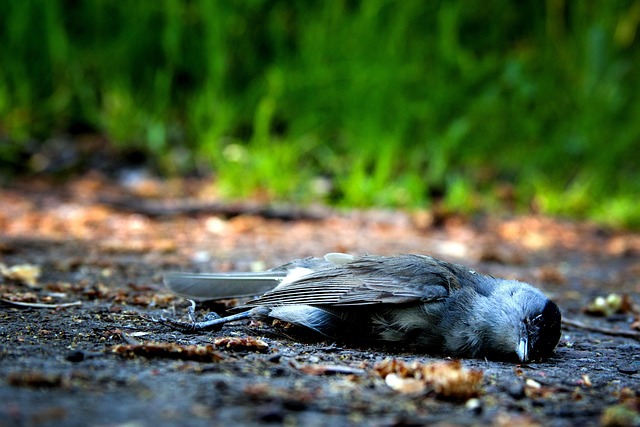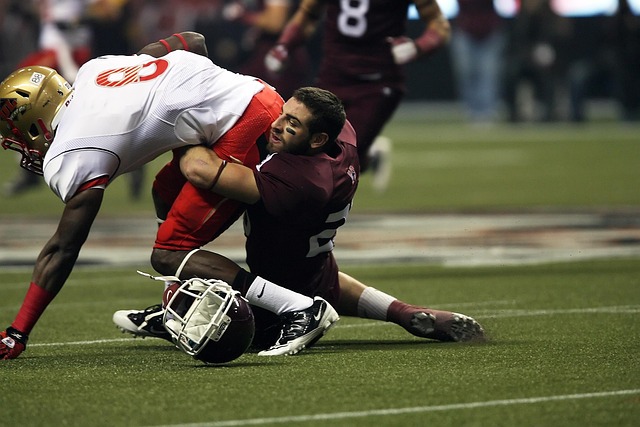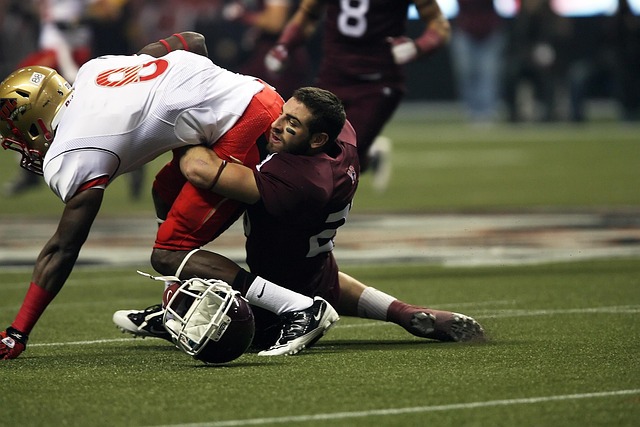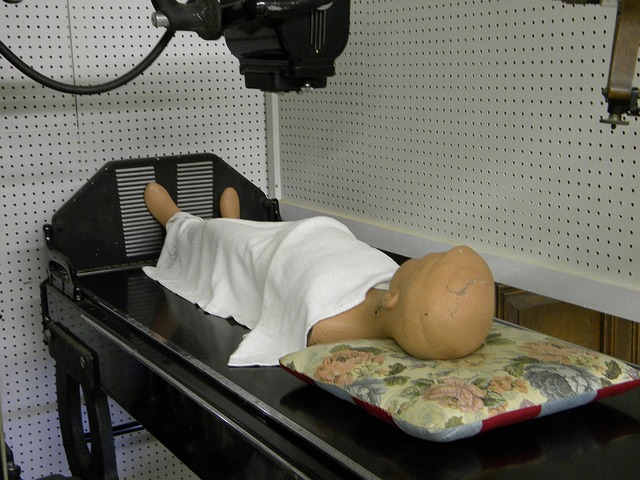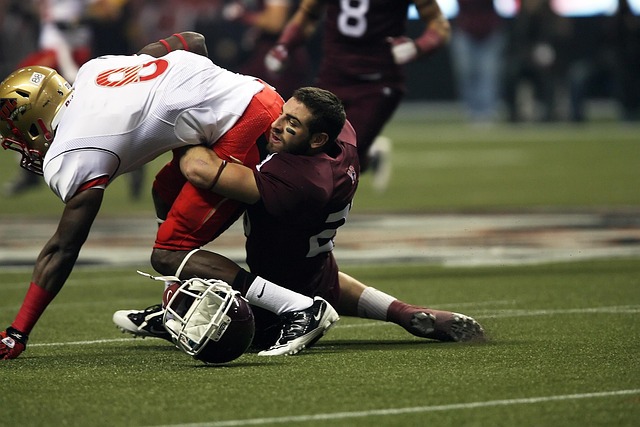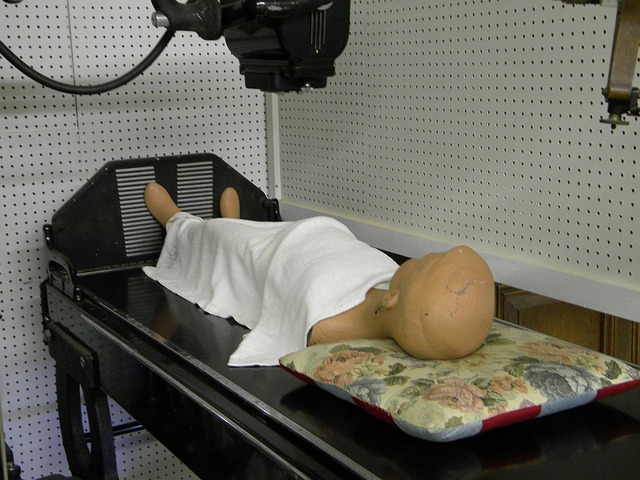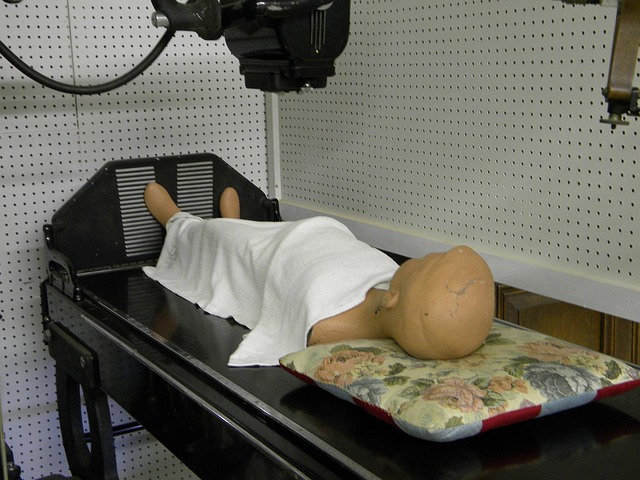Chiropractic treatment for concussion injury offers a non-invasive approach to manage dizziness and neck pain associated with post-concussion syndrome. By focusing on balancing the body, improving posture, and reducing nerve irritation, chiropractic care addresses structural issues in the spine and nervous system linked to head injuries. Proven effective for mild to moderate concussions, this natural method includes techniques like spinal manipulation, heat/cold therapy, and specialized exercises to enhance recovery and restore function.
Post-concussion dizziness and neck pain can significantly impact an individual’s daily life. This article delves into understanding these symptoms, their causes, and most importantly, explores the role of chiropractic care in effective management.
Chiropractic treatment for concussion injury offers a non-invasive approach to alleviate pain and restore function. By focusing on the nervous system and spine, this natural method provides promising relief for those struggling with post-concussion symptoms.
- Understanding Dizziness and Neck Pain After Concussion
- The Role of Chiropractic Care in Post-Concussion Management
- Effective Chiropractic Treatment for Concussion Injury Relief
Understanding Dizziness and Neck Pain After Concussion
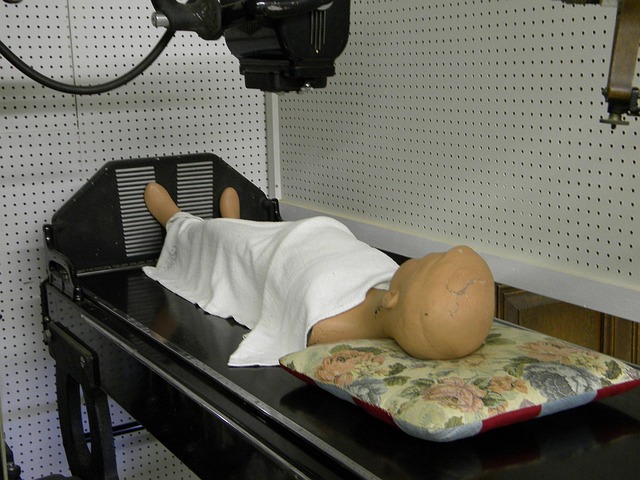
Dizziness and neck pain are common symptoms experienced by individuals post-concussion, often indicating an underlying issue that requires attention. A concussion, a type of traumatic brain injury (TBI), can disrupt the delicate balance within the inner ear, leading to vertigo and disequilibrium. This sensation of movement when stationary is a significant indicator of concussive symptoms and should not be ignored.
Additionally, neck pain post-concussion may result from muscle strains or spasms triggered by the body’s natural reaction to head trauma. Chiropractic treatment for concussion injury has gained recognition as a non-invasive approach to managing these symptoms. Chiropractors focus on restoring balance, improving posture, and reducing nerve irritation, which can alleviate dizziness and neck pain associated with concussions.
The Role of Chiropractic Care in Post-Concussion Management
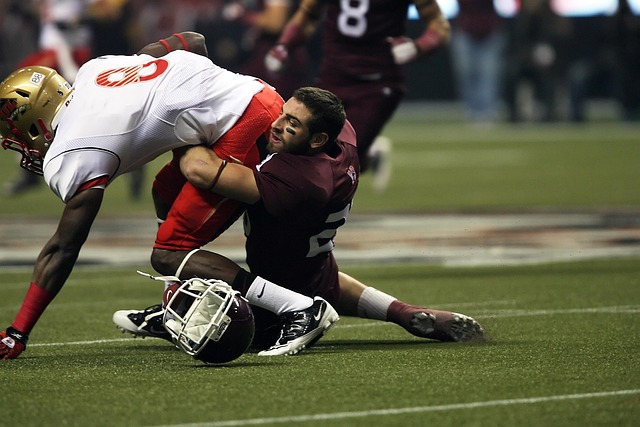
Chiropractic care plays a significant role in the management and recovery of individuals post-concussion, offering an alternative approach to traditional medical treatments. Chiropractic treatment for concussion injury focuses on addressing not just the physical symptoms but also the underlying structural issues that may contribute to persistent dizziness and neck pain. Chiropractors use specialized techniques like spinal manipulation and adjustment to improve nerve function and reduce inflammation, which can help alleviate post-concussion symptoms.
This type of care is particularly beneficial for individuals who have experienced mild to moderate concussions, as it provides a gentle and non-invasive way to promote healing. By targeting the spine and nervous system, chiropractic treatment can help restore balance and mobility, enabling better recovery and improved overall function. Additionally, chiropractors often incorporate other therapeutic modalities, such as heat or cold therapy and exercise recommendations, to enhance the healing process for those dealing with dizziness and neck pain post-concussion.
Effective Chiropractic Treatment for Concussion Injury Relief
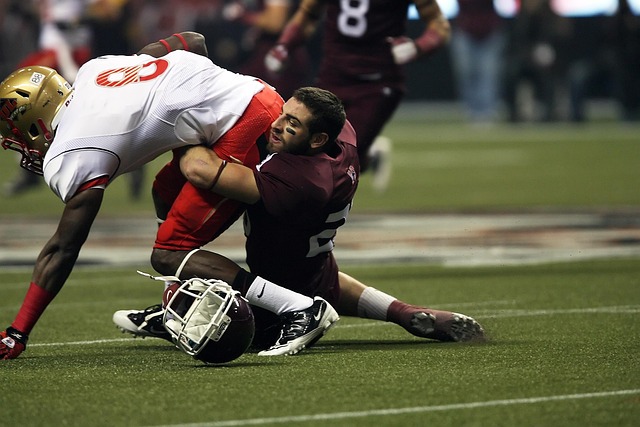
Chiropractic care has emerged as a highly effective approach to managing dizziness and neck pain associated with post-concussion syndrome. Chiropractors are trained to diagnose and treat musculoskeletal disorders, including those related to head injuries. When it comes to concussion injury relief, chiropractic treatment offers a natural and non-invasive solution.
The primary focus of this treatment is to realign the spine and restore its natural curvature, which can be affected after a concussion. Chiropractors use various techniques such as adjustments, manipulation, and specialized exercises to improve spinal function and reduce nerve irritation. By addressing these issues, chiropractic care can significantly alleviate dizziness and neck pain, enhancing overall recovery and quality of life for individuals post-concussion.
In light of the above discussions, it’s clear that managing dizziness and neck pain after a concussion requires a tailored approach. While traditional treatments play a role, chiropractic care has emerged as an effective option for many individuals seeking relief from post-concussion symptoms. This natural, non-invasive approach, particularly chiropractic treatment for concussion injury, can significantly contribute to a patient’s overall recovery and return to normal activities. Remember that each case is unique, so consulting healthcare professionals is crucial for determining the best course of action.


